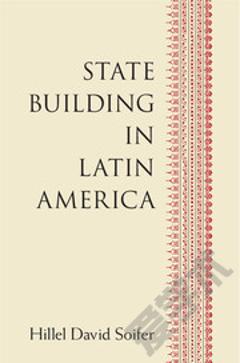Courts in Latin America
To what extent do courts in Latin America protect individual rights and limit governments? This volume answers these fundamental questions by bringing together today's leading scholars of judicial politics. Drawing on examples from Argentina, Brazil, Chile, Mexico, Colombia, Costa Rica and Bolivia, the authors demonstrate that there is widespread variation in the performance of Latin America's constitutional courts. In accounting for this variation, the contributors push forward ongoing debates about what motivates judges; whether institutions, partisan politics and public support shape inter-branch relations; and the importance of judicial attitudes and legal culture. The authors deploy a range of methods, including qualitative case studies, paired country comparisons, statistical analysis and game theory.
{{comment.content}}








 京公网安备 11010802027623号
京公网安备 11010802027623号